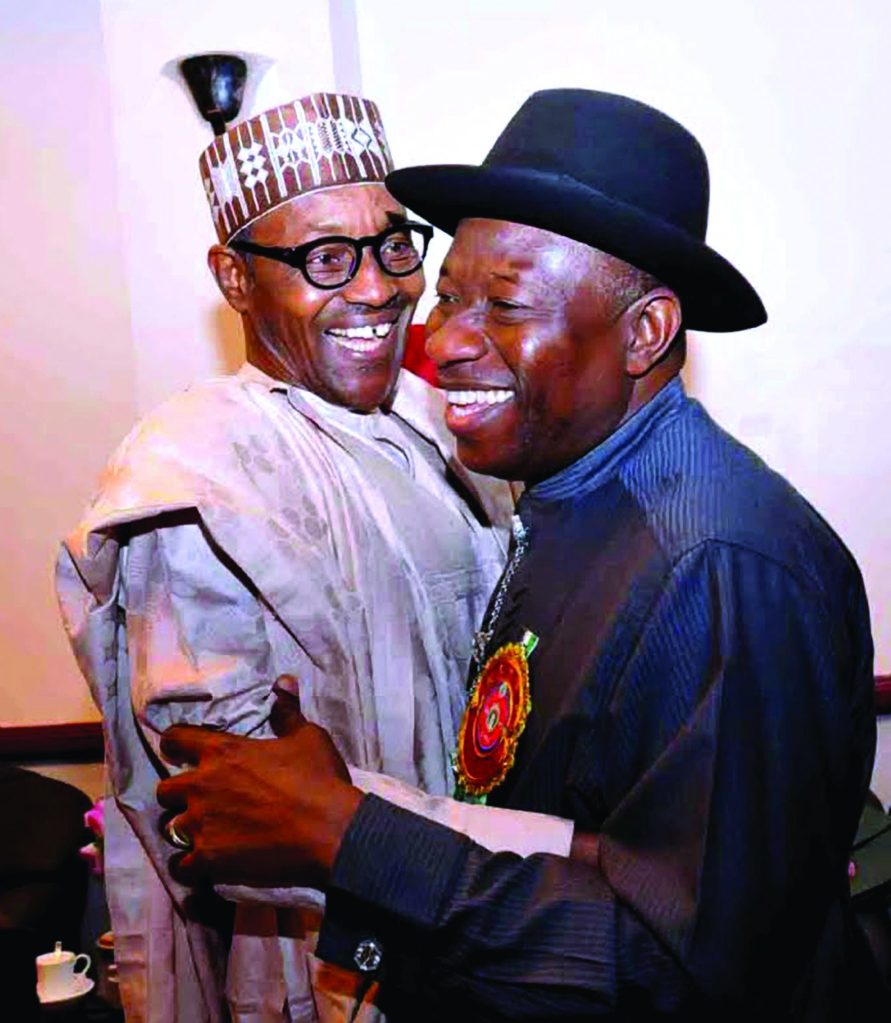Boko Haram’s latest victim may have been Nigeria’s national elections.
Citing security concerns as reason for postponing the nation’s February general elections by six weeks, the Nigerian authorities have once again succumbed to the bogey of insurgency and insecurity bedeviling Africa’s largest and most populous economy.
The elections will now be held between March 28 and April 11 this year. National Security Adviser, Sambo Mohammed Dasuki, says the government will flush out the terrorists in six weeks. It was a shaky excuse. Nigerians are watching; waiting to see what security magic government will weave in six weeks.
The postponement has near and far reaching implications for the nation and the rest of Africa.
Professor Attahiru Jega, Chairman of the Independent National Electoral Commission (INEC), had previously maintained the commission’s readiness to conduct free and fair polls. Now INEC’s independence and neutrality is being questioned. According to media reports, government may even be shopping for a new, more compliant chairman for the commission.
If this happens, it will translate to political chicanery and serious credibility worries for INEC and the incumbent administration, which funds the commission. The fear that even the new election dates may not be sacrosanct is palpable. Constitutionally, federal and state-wide swearing-in of elected officials must be held on May 29. Observers have called this unfolding scenario a looming coup against democracy in Nigeria.
A prolonged political crisis in Nigeria would further harm efforts at national harmony and stall trade and investment in West Africa, already hit by the Ebola crisis, insurgencies in northern Nigeria and Mali, a democratic interregnum in Burkina Faso, poor external trade balances, fiscal deficits, weakening currencies and mass unemployment.
For most of 2014, Africa’s global image was defined by the Ebola epidemic, despite the scourge being confined to a few countries in West Africa.
Ignoring Africa’s rising middle class, the epidemic revealed the specter of a failing continent, with poor sanitation, poor health budgets, poor health education, poor medical inventories, poor infrastructure, an entrenched culture of graft and official disregard for society’s commonwealth.
Nigeria’s democratic debacle will therefore be an ignoble chapter in the history of Africa.
For the last 30 months or so, the rest of the world struggled to empathize with Nigeria over its inability to curb the despicable rein of the Islamist fundamentalist group. Boko Haram has made the Sahel forest region around the Lake Chad basin its homestead, launching sporadic attacks into northern Nigerian cities and towns at will; making a mockery of Nigeria’s national security and defense systems. Huge sections of north eastern Nigeria have thus been rendered comatose and ungovernable.
A regional diplomatic initiative involving the governments of Chad, Cameroon and Nigeria failed to plug the onslaught. Indeed the group has become bolder. Last month, Boko Haram threatened to ‘deal with and defeat’ an African Union anti-Boko Haram special force. The group has unleashed more mayhem on northern Nigerian towns even after it kidnapped over 200 teenage girls from their Chibok village school in April 2014.
The political season began last autumn and soon, it would seem that the world had moved on from the sad case of the Chibok girls and the #BringBackOurGirls social media campaign. The conscience of the nation was on the chopping block. Also on the chopping block were investor sentiment and market forces. Agriculture and the automobile industry welcomed new investments in 2014; in the same period, the Nigerian Stock Exchange saw its market cap decline by $8.5 billion, a 13% drop.
Slumping oil prices forced the finance ministry to lower its economic projections for 2015. This year’s national budget was consequently slashed by $3 billion. Nigeria has never saved for the rainy day, largely due to politicians who earn stupendous salaries and allowances and insist on appropriating proceeds from the reserve Excess Crude Account (ECA). Nigeria’s four petroleum refineries operated at less than 50% of their installed capacity between 1985 and 1999 and have remained dormant since then. Parochial politics and economic perfidy has ensured that no new refineries were built in over 30 years.
If business is a natural extension of politics, then it is easy to see why Nigeria Inc. will continue to underperform. The consistent heating of the polity and absence of truth in practically all spheres of Nigerian life is a key hindrance to progress. The system resists reforms. Governance is driven by regional and religious sentiments. The current political class offers little hope. With little or no ideological difference between political parties, defections across party lines is the order of the day. It would therefore seem that principles have no place in Nigerian politics.
With a raft of political parties, presidential and governorship candidates vying for office, this will be the country’s most hotly contested and most expensive elections ever – complete with rented crowds, political hubris and multi-million-dollar media blitz. Nigeria’s cash-and-carry political culture was fully at work.
The late Chinua Achebe once quipped that the problem with Nigeria was Nigeria. The master storyteller would be turning in his grave now, as his beloved nation treks further away from established democratic ethos.
The protracted survival of Boko Haram is a national embarrassment and a scandalous testimonial for leadership in Nigeria. It reflects the failure of the social contract between government and the governed. And as the world prepares to replace the Millennium Development Goals with a new set of goals and priorities this year, Nigerians will also be desperately seeking to replace the mirage of hope with tangible political and economic achievement.
